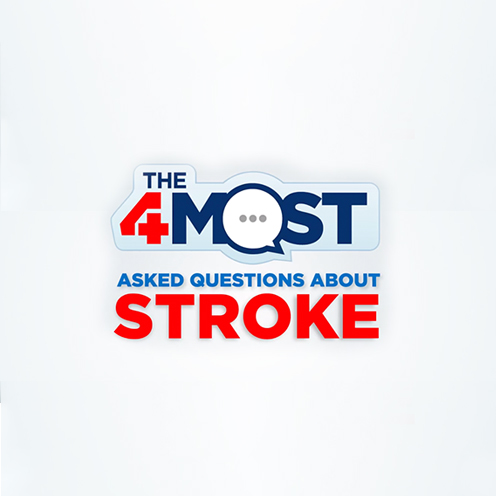Stroke Screening and Diagnosis
Maybe stroke runs in your family – or someone close to you has had one. Or, you want to know if you or a loved one is at risk.
Stroke screening and diagnosis at Henry Ford can give you the answers you are looking for.
Am I at risk for a stroke?
On average, someone in the United States has a stroke every 40 seconds. People who have a stroke are likely to have more than one risk factor, including:
- Age: Older adults are more at risk for having a stroke, particularly those who have high blood pressure, are sedentary, overweight, smoke or have diabetes.
- Gender: Stroke is more common in men than in women, but stroke kills more women than men. This may be partly due to the fact that women tend to live longer than men, and stroke is more common among older adults. For younger women, birth control pills and pregnancy can increase the risk of stroke.
- Race and ethnicity: All minority groups, including Native Americans, Hispanics and African-Americans, have a significantly higher risk for stroke and death from stroke than Caucasians. African-Americans have twice the risk for first-time stroke as Caucasians. The differences in risk among all groups, however, diminish with age.
- Family history: A family history of stroke is a strong risk factor.
- Lifestyle choices: Smoking, diets high in saturated fat and sodium, physical inactivity, drug and alcohol abuse (in particular cocaine or methamphetamine) and anabolic steroid use increase the stroke risk.
- Heart and vascular diseases: Heart disease and stroke are closely tied for many reasons. If you have one heart or vascular condition (such as high blood pressure, high cholesterol, heart disease, diabetes or peripheral artery disease), you have an increased risk for developing other related conditions.
How a stroke diagnosis is made
You want to know as quickly as possible if you or a loved one has had a stroke, because no factor is more critical than time.
Henry Ford provides fast, accurate and advanced diagnosis, as well as immediate treatment necessary to limit the effects of your stroke.
Your Henry Ford doctors use the most advanced diagnostic equipment and technology available, including:
- 64-slice helical CT scanner: This advanced diagnostic scanner provides faster, higher resolution images than a traditional CT scanner, as well as detailed 3-D reconstructions. This technology revolutionizes the way physicians locate vulnerable areas of your brain affected by stroke that may still respond to treatment.
- Magnetoencephalography (MEG) laboratory: Henry Ford houses the first MEG laboratory ever available in the Midwest. MEG is a safe and noninvasive technology for measuring brain activity.
- 3-Tesla MRI scanner: Henry Ford’s 3-T MRI technology, along with the MEG, are used alongside other stroke treatments to track brain tissue recovery. They are also used for neurological studies to determine what areas of your brain have "rewired" following stroke.
Other diagnostic tests include catheter cerebral angiographies, perfusion and diffusion-weighted MRIs and many more.
.svg?iar=0&hash=F6049510E33E4E6D8196C26CCC0A64A4)

/hfh-logo-main--white.svg?iar=0&hash=ED491CBFADFB7670FAE94559C98D7798)
